 By RICHARD T. KAMEI
By RICHARD T. KAMEI
On March 16, 2021, our nation once again experienced a mass shooting. This one occurred in the Atlanta area, where a white man shot and killed eight people, six of whom were Asian American women. The reason that he allegedly gave for the heinous act was that he has a sexual addiction problem and that he wanted to eliminate the temptation.
In this case, there is no doubt he scapegoated the women for the psychological demons that he has. However, looking at the pattern where six of the eight were Asian American women opens up probable cause that “race” also played a role.
In the United States, we have had a long history of fetishizing and dehumanizing Asian women, both in our nation as well as abroad through military conquests and interventions. This reality must also be taken into consideration as a possible motive in the scapegoating of the victims. In fact, if we carefully examine our history, we have had a long tradition of scapegoating Asian Americans for problems faced by our nation and its people.
Another recent example of scapegoating Asian Americans started occurring after the U.S. was hit by the COVID-19 pandemic. The evidence is clear that the Trump Administration did not properly respond to the potential magnitude of the threat. Instead of addressing the true causes of the rapid spread of COVID-19 infections and deaths, the Trump Administration scapegoated Asian Americans by referring to the virus as the China virus, kung flu, etc. This was despite the fact that the main strain that took hold in the U.S. came in from Europe.
To understand how we got here, we need to take a trip into the past. Often, when our nation has had periods of economic difficulty, Asian Americans have served as convenient scapegoats. Nativists often attacked and murdered Chinese laborers, labeling them as unfair competition.
An exceptionally violent attack on the Chinese American community was the massacre of 1871 in Los Angeles, where 15 of the 19 Chinese immigrants who were killed were lynched. In 1885, white miners, in what is now Rock Springs, Wyo., blamed Chinese miners for taking their jobs, rioted, murdered approximately 30 to 50 Chinese miners, injured 15, and burned down an estimated 80 homes.
The Chinese Exclusion Act of 1882 is also a good example of the culmination of decades of scapegoating Chinese immigrants. It is the first and only immigration act that specifically names an ethnic group barring them from immigration. It is unfortunate that at that time the white working class did not see how like themselves the Chinese workers were used as exploited labor in a divide-and-conquer strategy that advantaged the capitalist class.
In the early part of the 20thcentury, Japanese farmers were also viewed as unfair competition by groups such as the White Growers Protective Association. This led to various Alien Land Laws starting in 1913 in states such as California, which denied opportunities for those deemed ineligible for naturalized citizenship from owning land.
Based on racist interpretations of the Immigration and Naturalization Act, Japanese immigrants were denied the right to become naturalized citizens until the passage of the 1952 McCarran-Walter Act. In this way, they were treated as members of an internal colony that were exploited for their labor but denied many of the rights of an American.
Also, on Feb. 19, 1942, Franklin Delano Roosevelt issued Executive Order 9066, forcing nearly 120,000 Japanese Americans, two-thirds of whom were American-born citizens, to concentration camps, denying them due process. Economically, it is estimated that Japanese Americans lost between $2 billion and $5 billion worth of property in today’s dollars. Needless to say, through the dispossession of assets that belonged to Japanese Americans, including land, others, mostly white Americans, accumulated great amounts of wealth that could be passed down to future generations.
In the 1980s, we once again witnessed the scapegoating of Asian Americans, and Japanese Americans in particular. During this period, Japanese automobile manufacturers became highly competitive against U.S. automobile manufacturers. The poor planning on the part of the executives of the U.S. automobile companies, along with new conditions brought on by the economic changes of transitioning into a post-industrial capitalist economy, led many of the manufacturers to shut down automobile plants and move them to other nations to cut costs.
Instead of directing outrage at the true causes of the problems, the Japanese people became convenient scapegoats for the displaced workers. This culminated in the killing of Vincent Chin by two laid-off autoworkers in Detroit in 1982. Yes, you read that correctly. The Japanese people were the scapegoats, but Vincent Chin was Chinese American.
As is often the case, out of ignorance all Asian ethnic groups are lumped up in the same category by perpetrators of hate crimes against Asians and Americans of Asian descent. Again, instead of interrogating the system that creates the alienation and marginalization of workers, including white workers, scapegoats are used to distract away from the root causes of the problem and justify the system.
Around the same period, many Asian Americans from Southeast Asia became victims of hate crimes as well. For example, in 1979, Vietnamese refugees who settled in a fishing village in Seadrift, Texas were threatened by the Ku Klux Klan and native white fishermen to get out of town. There were also vicious attacks on their community.
More recently, under the Trump Administration, about 7,000 Vietnamese Americans were ordered to be removed from the U.S. by a federal judge, and hundreds of Cambodian Americans were also deported based on prior convictions of crimes for which non-citizens could be deported. Many of those who were deported came to the U.S. at a very young age.
Instead of addressing the many significant challenges that America currently faces, these types of highly racialized policies take attention away from what needs to be done in our nation. For instance, the people of the U.S. are experiencing extreme levels of economic inequality and insecurity where the majority of Americans have been losing significant ground for the last few decades. Unfortunately, this situation has been made worse by the pandemic.
Another horrific example of scapegoating Asian Americans occurred after the 9-11 terrorist attacks on Sept. 11, 2001, when we saw attacks, including murders, of South Asian Americans and Central Asian Americans skyrocket. The murder of Balbir Singh Sodhi, who was a Sikh American gas station owner in Mesa, Ariz., was the first murder following 9-11 against those who became scapegoats. Unfortunately, it would not be the last.
Also, shortly after 9-11, the federal government began to round up and detain thousands of Americans who immigrated from Islamic-majority nations. Like in the case of Japanese Americans in 1942, they were also denied due process. This action outraged many in the Japanese American community, who joined together with others who sought justice to demand an end to such unjust actions.
There are other notable examples that I have left out for the sake of brevity. However, it is my hope that this short essay will begin a discussion on not only the history of scapegoating Asian Americans but also an examination into the causes of this phenomenon. The ultimate goal is to work together in a systematic fashion to bring about an end to the structures that have created this intolerable situation where innocent people, such as Asian Americans in this particular case, are often used as scapegoats to maintain a system that advantages a few at the cost of the many.
————–
Richard T. Kamei is a professor of sociology at Glendale Community College. Opinions expressed in Vox Populi are not necessarily those of The Rafu Shimpo.
 ‘The King and I’ Closes This Weekend
‘The King and I’ Closes This Weekend
 The 14 best movies now streaming on Tubi
The 14 best movies now streaming on Tubi
 Best free online courses from Stanford University
Best free online courses from Stanford University
 Chelsea vs. Fulham 2024 livestream: Watch Premier League for free
Chelsea vs. Fulham 2024 livestream: Watch Premier League for free
 An Evening with Renee Tajima
An Evening with Renee Tajima
 Iowa State vs. Miami football livestreams: kickoff time, streaming deals, and more
Iowa State vs. Miami football livestreams: kickoff time, streaming deals, and more
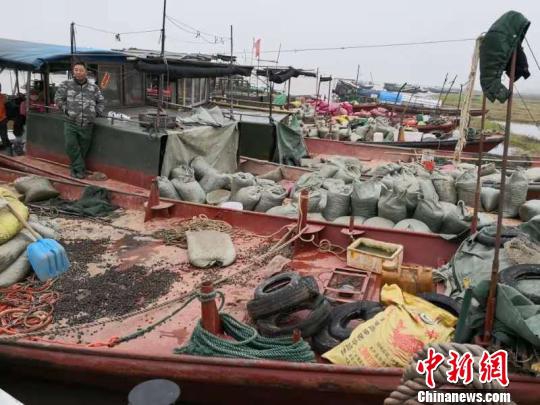 Mark Hamill posts gleeful pic of himself sat next to Stephen King, gets a wholesome response
Mark Hamill posts gleeful pic of himself sat next to Stephen King, gets a wholesome response
 Best Target deals the week of Sept. 13, 2024
Best Target deals the week of Sept. 13, 2024
 Two Films of Japanese Peru at JANM
Two Films of Japanese Peru at JANM
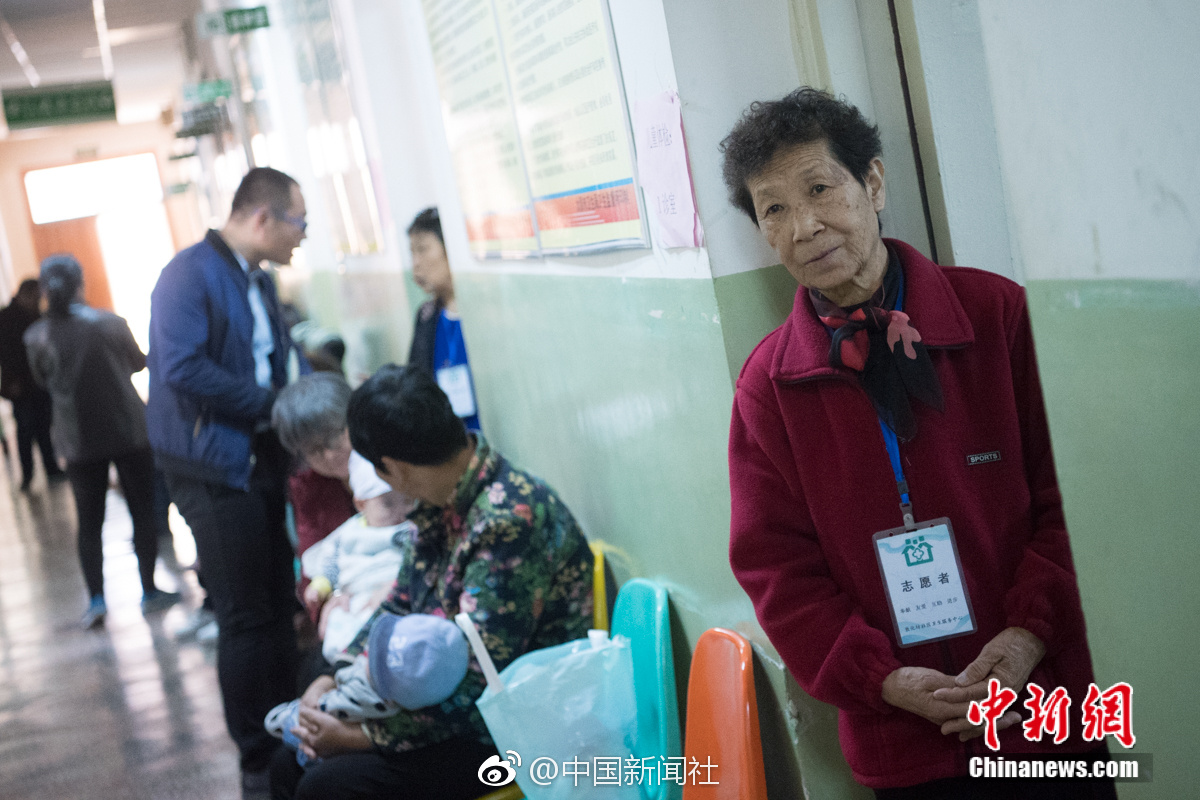 Taylor Swift's voter registration link saw over 337,000 visitors
Taylor Swift's voter registration link saw over 337,000 visitors
 Japanese Artist to Commemorate ‘Comfort Women’
Japanese Artist to Commemorate ‘Comfort Women’
 Chelsea vs. Fulham 2024 livestream: Watch Premier League for free
Chelsea vs. Fulham 2024 livestream: Watch Premier League for free
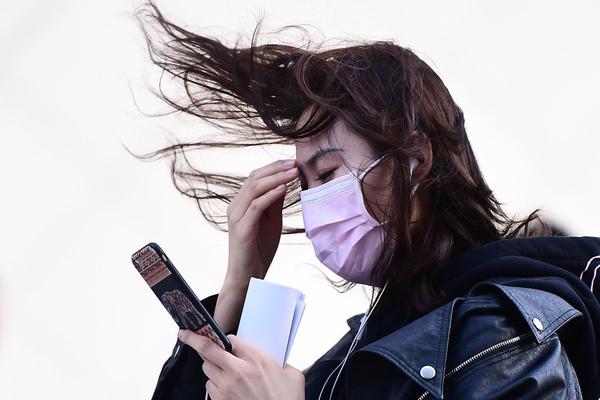 Meta Quest headsets are bricking after updates, but a trick can revive them
Meta Quest headsets are bricking after updates, but a trick can revive them
 Cardinals vs. Rams 2024 livestream: How to watch NFL online
Cardinals vs. Rams 2024 livestream: How to watch NFL online
 Screening of ‘Nuclear Cattle’ at Art Share L.A.
Screening of ‘Nuclear Cattle’ at Art Share L.A.
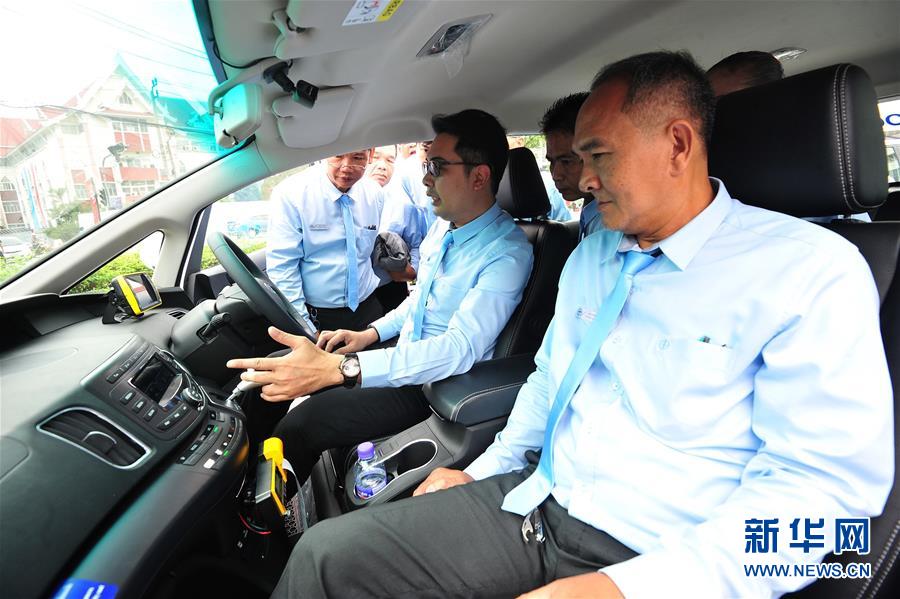 Taylor Swift endorses Kamala Harris after presidential debate
Taylor Swift endorses Kamala Harris after presidential debate
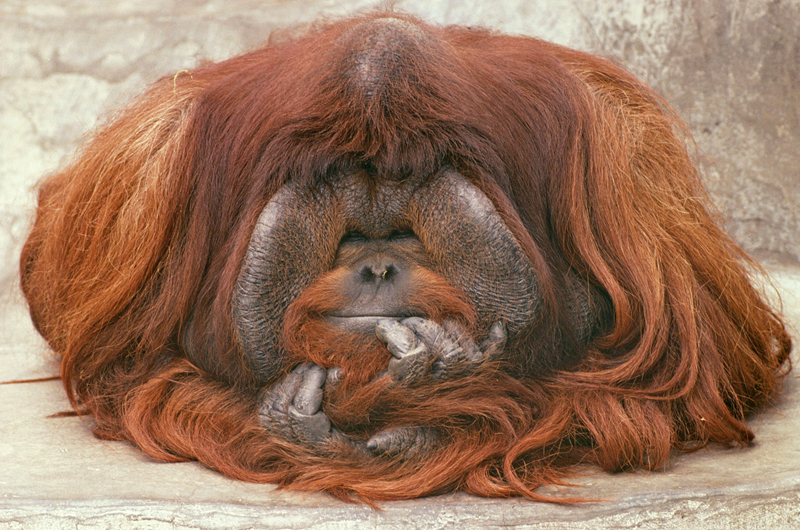 No more TikTok FYP? California social media bill could totally reshape kids' online world
No more TikTok FYP? California social media bill could totally reshape kids' online world
 Nottingham Forest vs. Spurs 2024 livestream: Watch Premier League for free
Nottingham Forest vs. Spurs 2024 livestream: Watch Premier League for free
 WLA UMC to Screen Romantic Comedy
WLA UMC to Screen Romantic Comedy
 Taylor Swift endorses Kamala Harris after presidential debate
Taylor Swift endorses Kamala Harris after presidential debate
15 best tweets of the week, including Sisyphus vibing, Beeple, and 'Wandavision''What I Like About You' is a bingeThe Sonos Roam is a small, portable smart speaker for $169'What I Like About You' is a bingeComplete list of winners at the 2021 Golden GlobesVerizon admitted 5G might be a big battery drain without admitting itWhy "WandaVision" hits so hard during the isolated grief of a pandemicDramatic 'Ginny & Georgia' finale leaves the Gilmores far behind'Coming 2 America' review: A heartfelt and hilarious sequel15 best tweets of the week, including Sisyphus vibing, Beeple, and 'Wandavision' You don't have to celebrate New Year's Eve this year Everything coming to HBO Max in January 2021 How to remove Adobe Flash Player from your Windows or Mac computer Xiaomi Mi 11 will be the first Snapdragon 888 phone How to use Netflix's New Year's Day recommendations hotline How Bad Is Your Spotify is a bot that brutally drags your music taste Netflix 'The Midnight Sky' review: Too much mystery, too little meat Twitter lets you 'turn off retweets' for accounts with bad taste Twitter is downright horny for 'Bridgerton' memes Netflix's 'Bridgerton': A breakdown of all your Season 1 crushes
0.1797s , 9946.453125 kb
Copyright © 2025 Powered by 【???.?????.???.???????.??.????】VOX POPULI: Anti,Global Hot Topic Analysis